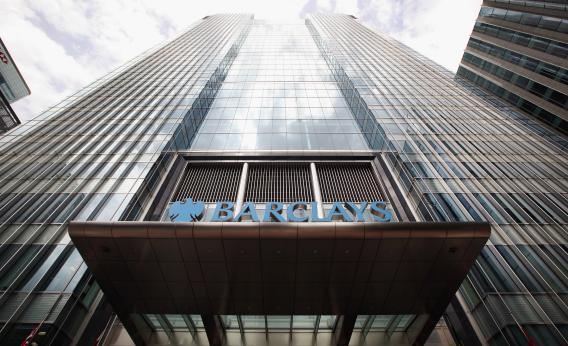The week’s carnage on the Wall Street fraud front: LIBOR investigations ensnare almost all the major banks—estimates of damages of more than $20 billion are front page news. JPMorgan Chase now says its London derivatives trades cost nearly $6 billion in losses, and were a major failing in oversight and management. HSBC admits major failures permitting large-scale money laundering. Wells Fargo admits it discriminated in issuance of mortgages, charging minorities more than it should have. And this is just one week.
And how does Wall Street respond? By refusing to admit there’s a problem, by clinging to power, and by frantically dodging blame. What to make of all of this?
Wall Street has the same mentality as the Penn State leadership: Brush things aside, ignore first principles, avoid the tough ethical choices, go for the short-term money and profit. That has been corrosive to the ethic of our economy and the trust that should undergird our financial sector.
We need a fresh start—new leaders, since the current crop has failed. Just as we every now and again vote out the entire political leadership, now is a good time to say to the folks on Wall Street: Bring in a new team.
There is something honorable about the Japanese approach: When something goes wrong, the leader steps aside. But we’re not the Japanese. Corporate leaders in America and Europe have shown time and time again that they do not possess that same sense of honor. A leadership change will have to be forced, as it was at Penn State, as England is doing with its banking leaders, as shareholders could do with the companies they own.
There’s a reason we regulate companies, why we watch out for malfeasance, and why we have to limit monopolies and oligarchies. If a company is too big to fail, it’s probably also too big to manage.
